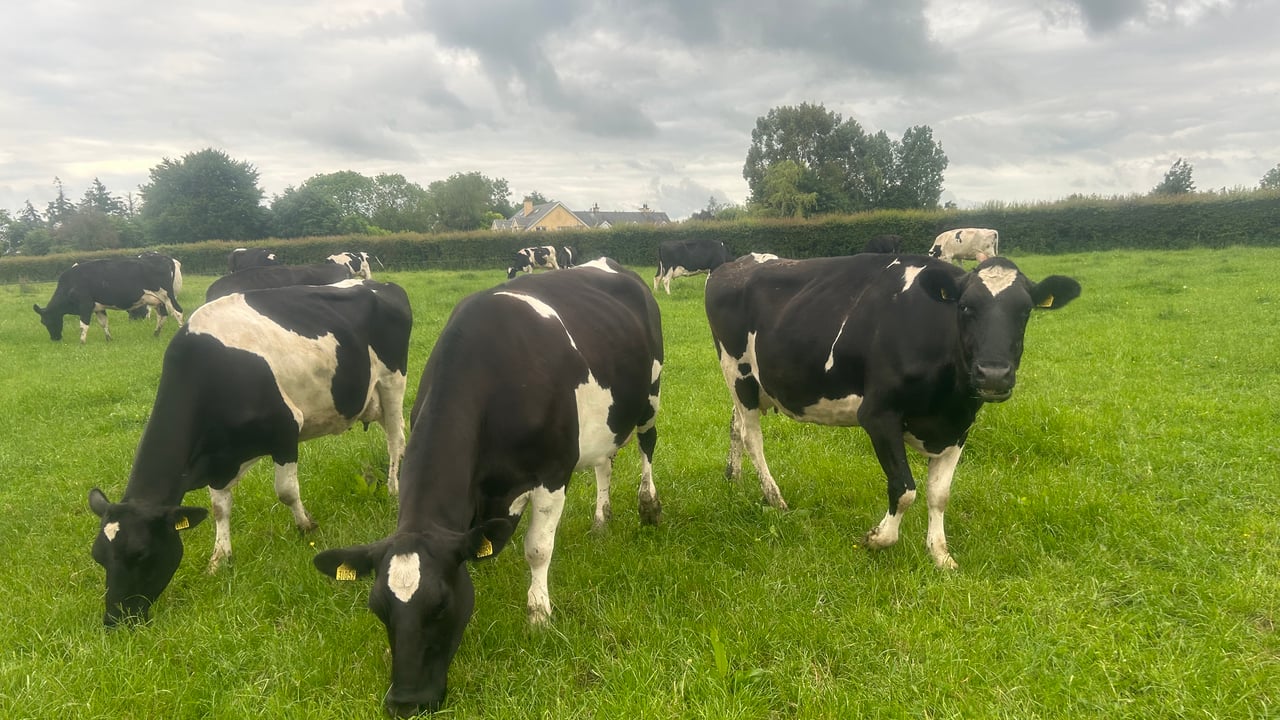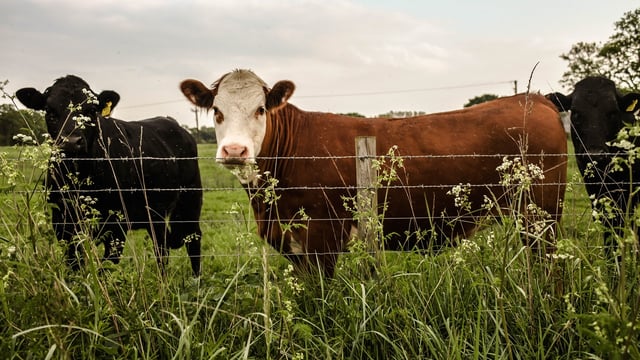Research underway to block microbes from creating methane
A collaboration of research across University of Californa (UC) is underway to develop new tools to block microbes from creating methane in cattle.
The research led by Jennifer Doudna and Jill Banfield is using clustered regularly interspaced short palindromic repeats (CRISPR), which selectively modifies the DNA of living organisms.
The $70 million research initiative backed by the TED Audacious Project, is entitled 'Engineering the microbiome with CRISPR to Improve our Climate and Health'.
It involves a close collaboration across three UC campuses — the Innovative Genomics Institute (IGI) at UC Berkeley, UC Davis, and UC San Francisco.
The project inspiration came from the results of feeding cows a specific type of red seaweed to decrease the expression of methane-producing genes in specific microbes in the cow’s gut, resulting in a dramatic drop in methane emissions.
Providing enough seaweed for daily consumption by the global cow population is a large task and the researchers stated that it would most likely "not work" for grazing cattle that make up the majority of livestock around the globe.
Early intervention with CRISPR, however, could result in a permanently low-methane cow and provide a treatment accessible to nearly every calf, according to the researchers.
Professor at the University of California Davis, Ermias Kebreab, who is a part of the team of academics said that the group's first study working with red seaweed was done in dairy cattle within the Vivo area in South Africa, where a "substantial reduction" was seen.
IGI investigator, Matthias Hess said: "The ideal outcome of the project really would be that we could alter the microbiome in cattle really early in life, as a calf.
"Then that microbiome would remain stable and would produce very little if no methane at all".
One of the project leaders, Doudna is best known for her work developing CRISPR genome editing, for which she received the Nobel Prize in Chemistry in 2020.
“The precision tools we’re developing will help us understand how microbiomes work at the fundamental level. And we can leverage that knowledge to address problems caused by microbes," Doudna said.
Second project leader, Banfield, studied microbial communities for decades and first introduced Doudna to CRISPR systems in bacteria, at a fortuitous meeting at a UC Berkeley café in 2006.





